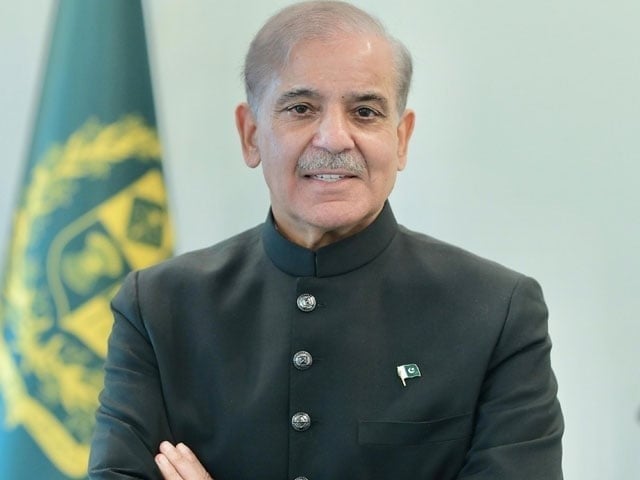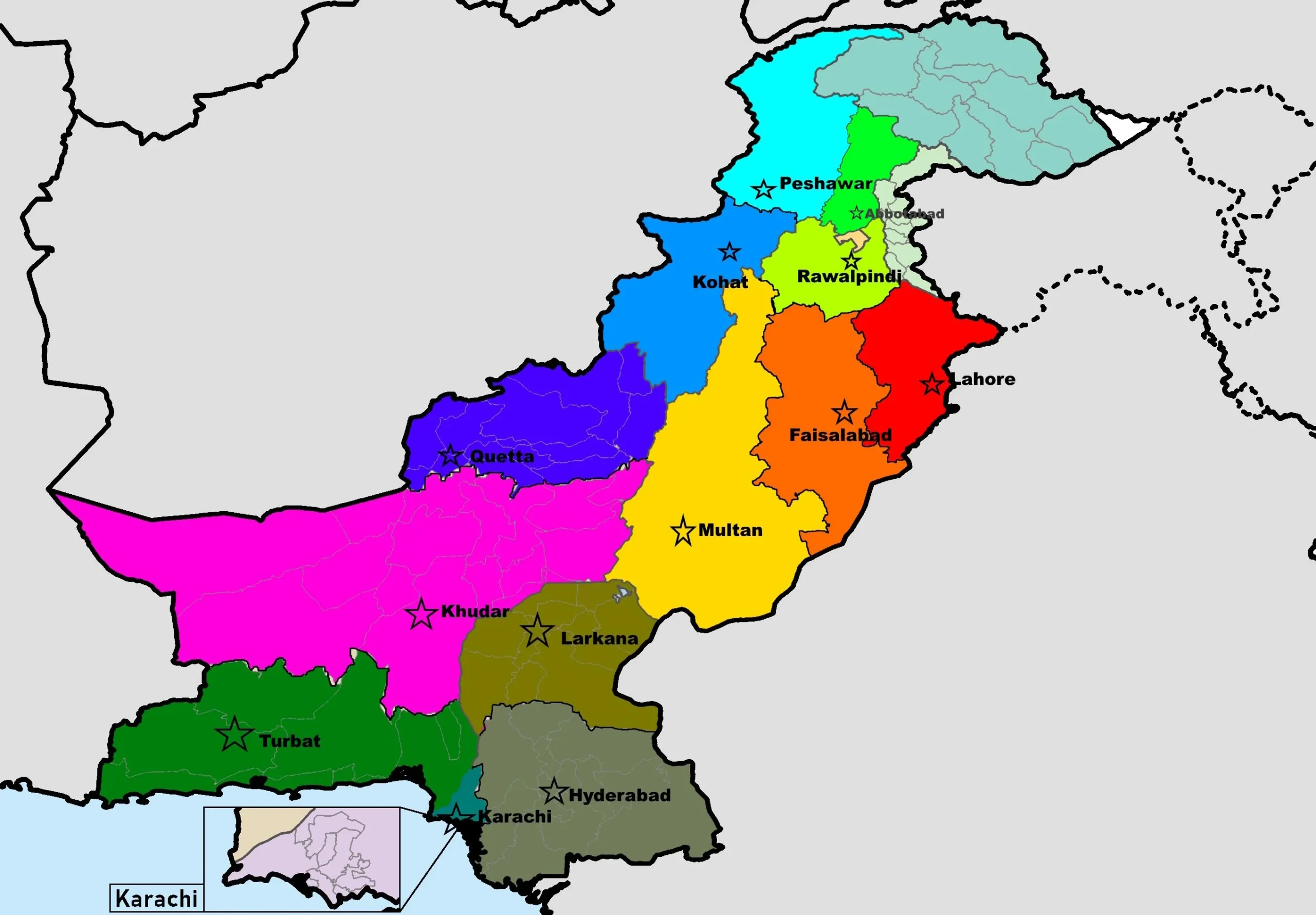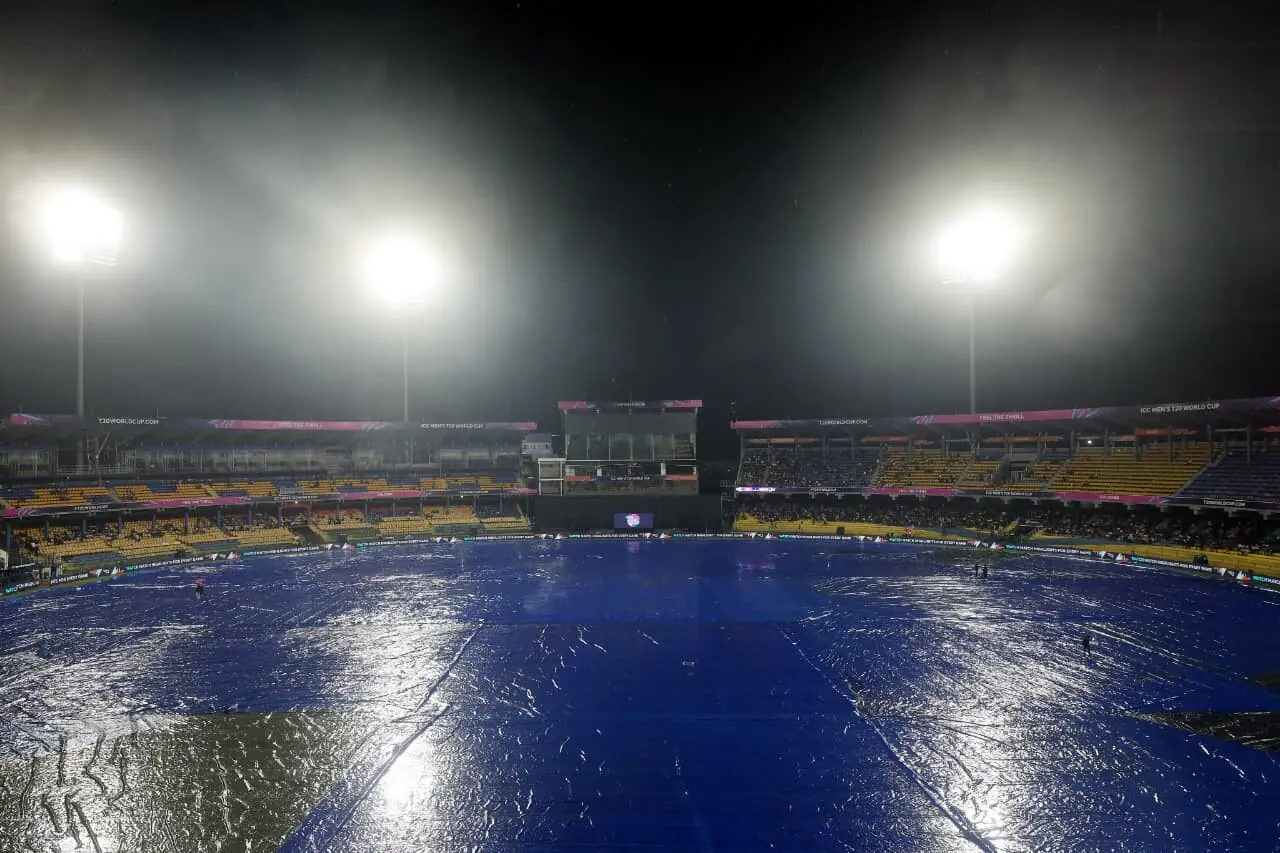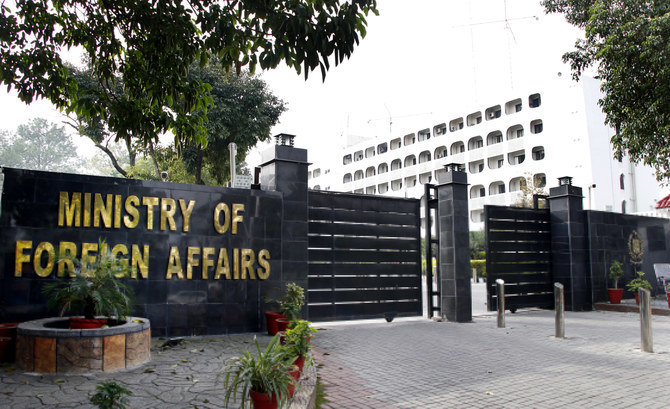Shahid Khaqan Abbasi, the former Prime Minister and a prominent figure in the newly established Awam Pakistan party, has put forward a vision of unity in Pakistani politics. He suggests that holding fresh elections will not effectively address the challenges faced by the country. Instead, he emphasizes the need for collaboration among the army chief, the Chief Justice of Pakistan (CJP), and political leaders to effectively manage the country’s affairs, as stated during his conversation with journalists outside an accountability court recently.
This statement comes against the backdrop of serious allegations of vote rigging, interference, and manipulation in the poll results during the February 8 elections. These allegations have been raised by various political parties such as Pakistan Tehreek-e-Insaf (PTI), Jamiat Ulema-e-Islam Fazl (JUI-F), and Jamat-e-Islami (JI), leading to a growing concern about the integrity of the electoral process.
Pl subscribe to the YouTube channel of republicpolicy.com
Notably, Shahid Khaqan Abbasi’s remarks regarding fresh polls followed the withdrawal of a reference against him by the National Accountability Bureau (NAB). The reference, concerning alleged illegal appointments in Pakistan State Oil (PSO), was withdrawn after Abbasi highlighted that only one witness statement was recorded against him over a period of four years. He emphasized that the reference was not linked to corruption and accused the anti-graft body of misusing its power to file the reference.
Expressing his opinion on the matter, Abbasi suggested that abolishing NAB would be beneficial for the country, attributing the initiation of such cases to political engineering. He also expressed his satisfaction over the court’s exoneration of the charges against him, particularly in the LNG terminal case. This exoneration serves as a reassurance of the fairness of the judicial system. An accountability court in Karachi acquitted Abbasi and others in the LNG case in April this year.
















